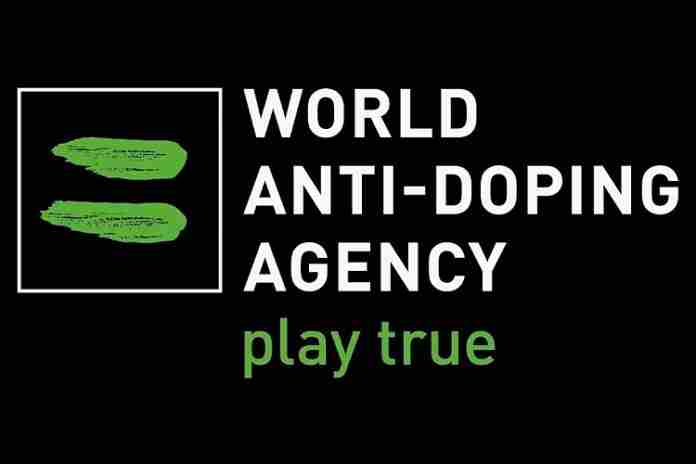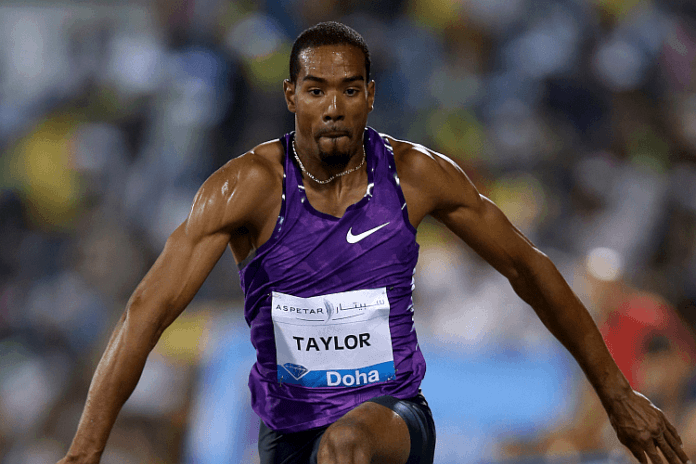As expected, the World Anti-Doping Agency Executive Committee approved the recommendations of its Compliance Review Committee and declared Russia to be “non-compliant” with the World Anti-Doping Code.
The penalty recommendation adopted bans Russia as a country from specific worldwide, multi-sport events such as the Olympic and Paralympic Games – and all world championships – for four years and will encompass the 2020 Games in Tokyo, Japan.
What WADA did not do was ban any participation by Russian athletes in these events. However, the standard for inclusion of any Russian athletes appears to be quite high. The sanction specifies (split up and numbered for readability):
“Russian athletes and their support personnel may only participate in Major Events staged in the Four-Year Period where they are able to demonstrate that
“(1) they are not implicated in any way by the non-compliance with conditions including (without limitation) that
“(2) they are not mentioned in incriminating circumstances in the McLaren reports,
“(3) there are no positive findings reported for them in the database and no data relating to their samples has been manipulated, and that
“(4) they have been subject to adequate in-competition and out-of-competition testing prior to the event in question according to WADA, in accordance with strict conditions to be defined by WADA (or the Court of Arbitration for Sport (CAS), if it sees fit), pursuant to the mechanism foreseen in ISCCS Article 11.2.6.”
If WADA adopts this standard as written, including the burden of proof being on the athlete to show their personal compliance, it will not be easy for any Russian athletes to show that they should be allowed to compete.
However, the specific procedure for applying to participate has not yet been detailed, so there is more to come on this.
The other elements of the recommended sanctions included a ban on participation by Russian officials in most capacities at larger events and world championships, a ban on Russian hosting of future world championships and a prohibition on bidding for the 2032 Olympic Games, a fine and a requirement that Russia pay WADA’s costs in this matter.
Importantly, WADA’s statement included a comment from Compliance Review Committee chair Jonathan Taylor (GBR) about what information it does have from its investigation of the Moscow Lab database:
“WADA now has the names of all suspicious athletes in the LIMS database, and thanks to the painstakingly forensic nature of the investigation, this includes the athletes whose data was manipulated or even deleted, including the 145 athletes within WADA’s target group of most suspicious athletes but also others beyond that target group.
“While I understand the calls for a blanket ban on all Russian athletes whether or not they are implicated by the data, it was the unanimous view of the CRC, which includes an athlete, that in this case, those who could prove their innocence should not be punished, and I am pleased that the WADA ExCo agreed with this.”
The International Olympic Committee had signaled its agreement with the idea that Russian athletes who can prove their compliance with the World Anti-Doping Code should be allowed to compete in the Olympic Games and other events. Other groups claiming to speak for athletes were not happy that a blanket ban was not imposed, and as usual, the most colorful denouncement came from U.S. Anti-Doping Agency Travis Tygart, including:
“To allow Russia to escape a complete ban is yet another devastating blow to clean athletes, the integrity of sport and the rule of law. And, in turn, the reaction by all those who value sport should be nothing short of a revolt against this broken system to force reform. …
“The world has to wonder which is worse, the original Russian fraud and robbery of medals and the rights of clean athletes or the extent to which the leaders of sport have bowed to the Russian money and influence in failing to adequately deal with this sullen affair years ago.”
The process forward now rests with the Russian Anti-Doping Agency, which was interestingly praised for its current operations in fighting doping in the country. RUSADA, as a member of WADA, now has 21 days to either accept the sanction, or to contest it with the Court of Arbitration for Sport. Once the expected notice of appeal is filed, the case will then proceed to arbitration.
The response from Russia was predictable. Prime Minister Dmitry Medevedv told TASS, “The fact that these decisions keep on repeating and are often applicable to those athletes who have already been punished this or that way, obviously makes one think that it is a continuation of the anti-Russian hysteria that has already grown chronic.”
Russian Minister of Sport Pavel Kolobkov said the process needs to be worked through and “It is too early to speak about sanctions.” Svetlana Zhurova, the first deputy chair of the International Committee of the Russian State Duma, said, “A meeting of RUSADA’s Supervisory Board will be held on December 19. It will decide whether RUSADA accepts these recommendations or not. And the court in Lausanne after that. I am 100% sure [Russia will go to court] because we must defend our athletes.”
So the process has started in earnest, but it will continue for a while. How long will determine, in large part, whether the sanctions are, in fact, credible.




























